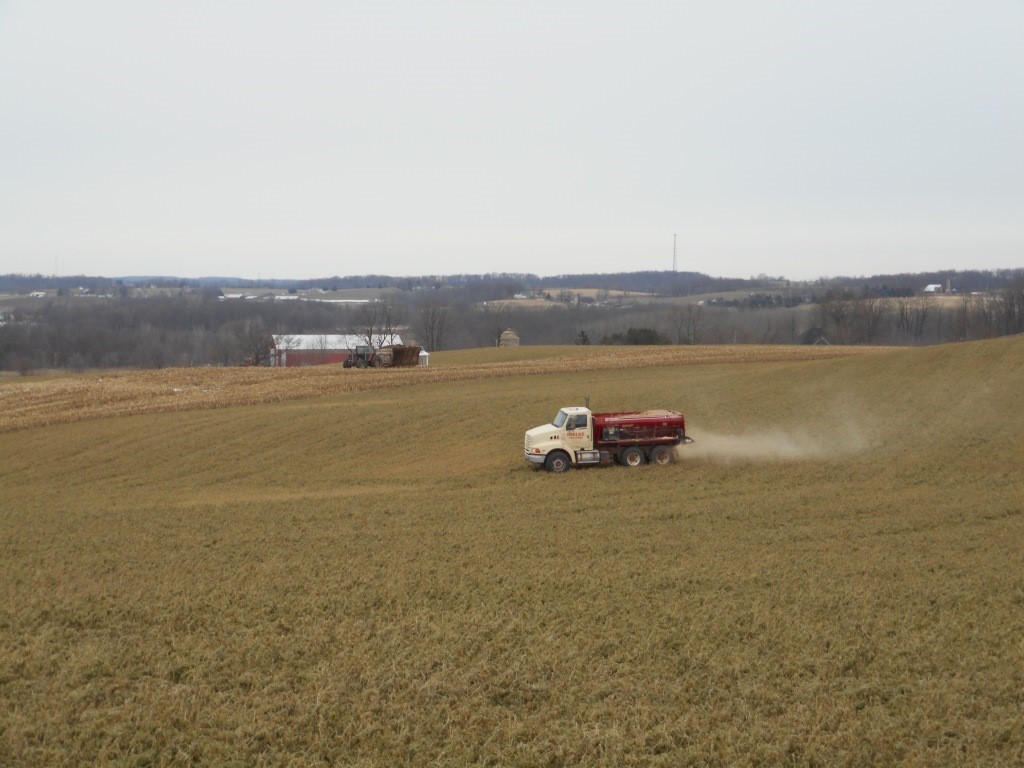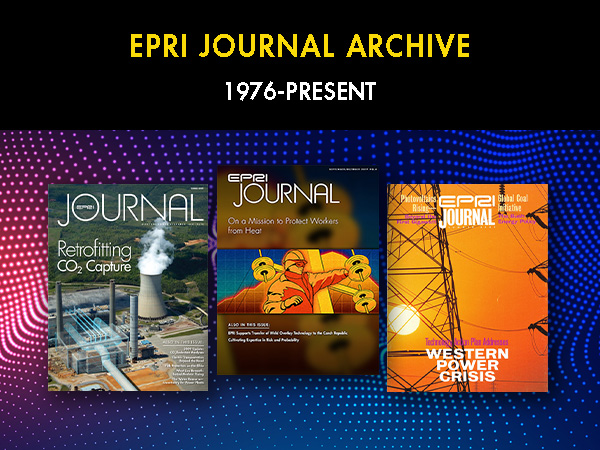Michigan Utilities Tap EPRI Research in Work with State Lawmakers

It’s not as wide as the gulf separating ardent fans of the Wisconsin Badgers and Michigan Wolverines, but until recently a gap could be plainly seen between the two states’ use of coal combustion products. For years, Wisconsin utilities such as We Energies have had a clear rule from state regulators for the use of fly ash, bottom ash, gypsum, and other coal combustion products in specified applications ranging from road base to wallboard to agricultural soil amendments (materials added to improve soil properties, reduce phosphorus loss in runoff, and promote crop growth).
While Michigan didn’t entirely prohibit the use of these and other industrial by-products, its laws and regulations governing such uses were more restrictive. As a result, applications such as soil amendments and road-base construction were impractical. This led We Energies, which also serves Michigan customers, to work with DTE Energy, Consumers Energy, Ford, General Motors, and other companies in a two-year effort to amend Michigan’s Natural Resources and Environmental Protection Act. The outcome: in June 2014, Michigan Governor Rick Snyder signed legislation expanding permissible uses of industrial by-products, including coal combustion products.
Making the Case for Change
Although precedents for using coal combustion products have been considered and approved by other states and the U.S. Environmental Protection Agency, such a change in Michigan required thorough consideration. “The governor was interested, but it absolutely had to be legitimate,” said Gary Dawson, Director of Land and Water Policy for Consumers Energy. “We had to prove that there were legitimate beneficial uses for these products that didn’t hurt the environment.”
The state’s consideration drew from information provided in EPRI research. Particularly helpful, said Dawson, was years of research investigating environmental issues related to coal combustion products, their uses, and economic value. Prominent examples are an EPRI report that quantifies the benefits of using coal combustion products in sustainable construction projects and another on the use of flue gas desulfurization gypsum in agriculture. “There were dozens of papers,” said Dawson. “We used the information in meetings with representatives of the state’s Department of Environmental Quality and other agencies.”
“The research helped demonstrate that these reuses are legitimate, beneficial, and safe for the environment,” said Dawson.
Long-Term Benefits
Under the amended law, Michigan utilities can use coal combustion products to make stable roadway sub-bases, and gypsum can be sold to Michigan farmers for agricultural uses. With both applications, utilities can generate revenue from combustion products that otherwise would be shipped to landfills at significant expense. Their use can also reduce environmental impacts by replacing materials such as crushed stone and gravel that require resource-intensive mining processes. Another application now permitted is waste stabilizers at cleanup and landfill sites.
As the volume of coal combustion products grows with increasing numbers of scrubbers at coal plants, Michigan utilities could see additional opportunities for coal combustion products. The law’s new provisions may encourage power companies to investigate and implement new uses for the materials.
EPRI Technical Expert:
Ken Ladwig


